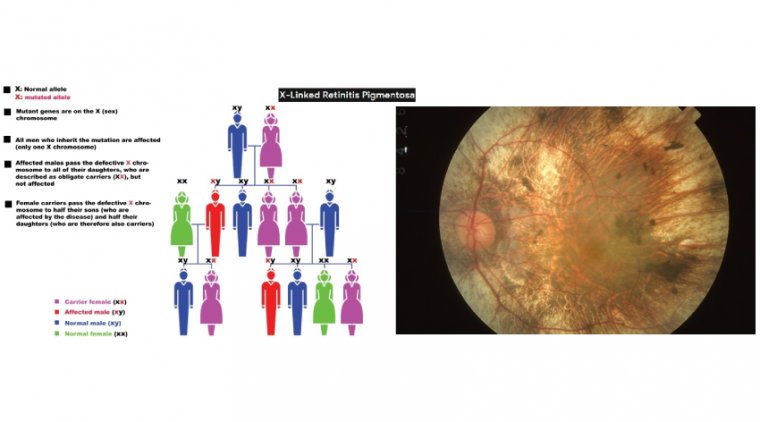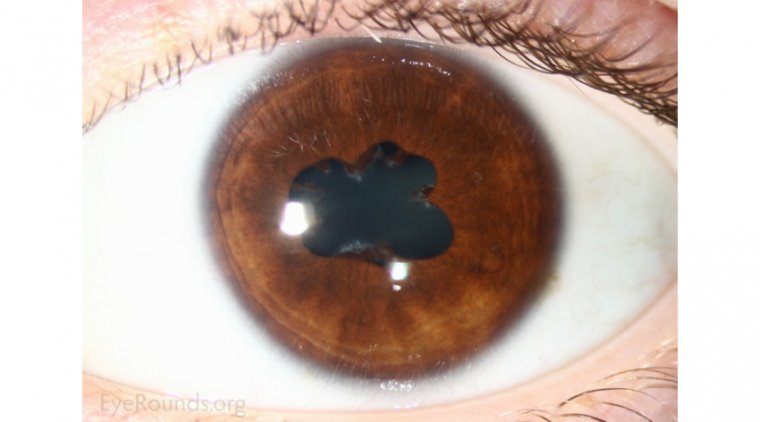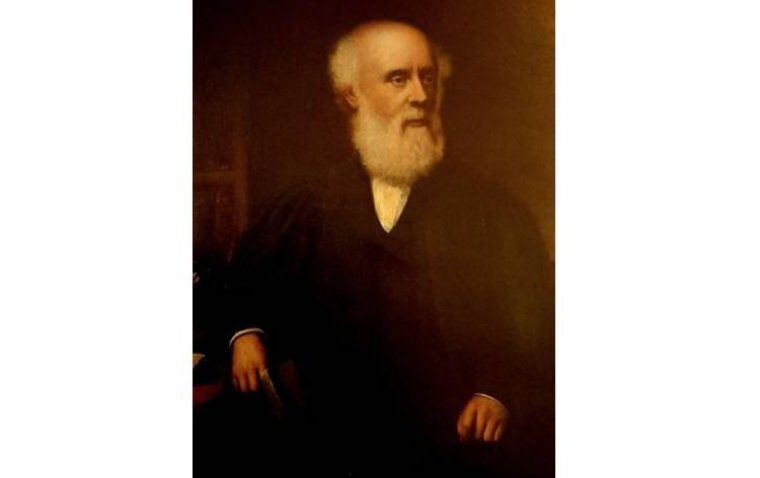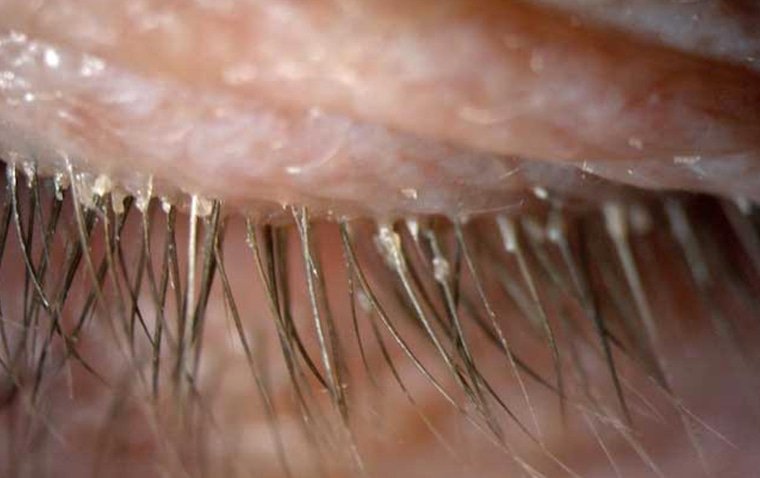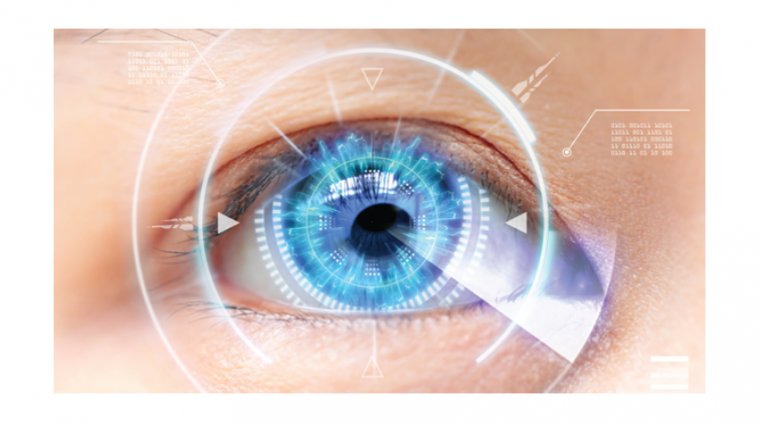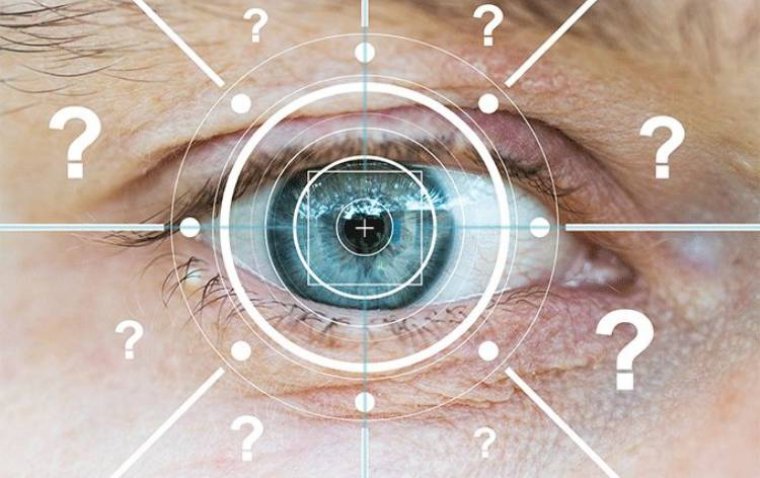
What is Ophthalmology?
The word itself originates from Greek words phthalmos, "eye" and -logia, "study" and Ophthalmology means “the study of eyes". Ophthalmology is the branch in medicine that concerns the medical conditions and health of the eyes. The discipline covers all animal eyes, including human, since the anatomy and procedures aren’t that different from each other.
Optometry, on the other hand, is a healthcare profession to examine the eyes, check the structure, see the abnormalities and prescribe corrective lenses or glasses when needed. Optometry focuses on comprehensive primary eye care.
Eye Doctors: Optometrists and Ophthalmologists
When someone makes an appointment to see an eye doctor, they might be asked whether they want to see an ophthalmologist, an optometrist, or an optician. Each have different levels of specialty and practice and they provide different services.
Who is an Ophthalmology Doctor?
Ophthalmology doctors have both medical and surgical specialty when it comes to eye disorders. The practice of this branch requires proficiency in ophthalmic optics, structure, function, diseases concerning the eye, vision, of the range of general conditions that affect the eyes. The microsurgical skills and techniques, which are used in the treatment of ophthalmic conditions are of great importance.
Optometrists can treat minor eye problems. They perform eye exams and do tests to check your vision. When necessary they will prescribe corrective lenses or glasses, or treat conditions like dry eye. They take care of ocular diseases and problems with general health, such as high blood pressure or diabetes. When they confront more serious problems, they will refer you to an ophthalmologist for the diagnosis and. They can give advice on visual problems and screen for conditions such as glaucoma.
Generally, optometrists and ophthalmologists work together in the same office and they see patients together to offer collaborative, comprehensive eye-care.
What is Neuro-ophthalmology?
Not every visual problem is related to our eyes themselves. Our brain controls the majority of our vision-related activities. Neuro- ophthalmology focuses on the complex diseases of our nervous system that affects our vision, sight, control of our eye movements and pupils. It’s a branch of medicine that merges neurology and ophthalmology, so it requires expertise in brain, nerves and eyes.
The following is some of the issues have to be followed by a neuro-ophthalmologists: optic nerve problems, visual loss, double vision, thyroid eye disease, brain tumors (e.g. pituitary adenomas, meningiomas), Neuro-genetic disease (e.g. Leber hereditary optic neuropathy (LHON), hereditary ataxias), Autoimmune disease (e.g. myasthenia, neuromyelitis optica), Pressure on the brain (e.g.idiopathic intracranial hypertension, hydrocephalus).
(1).jpg)

